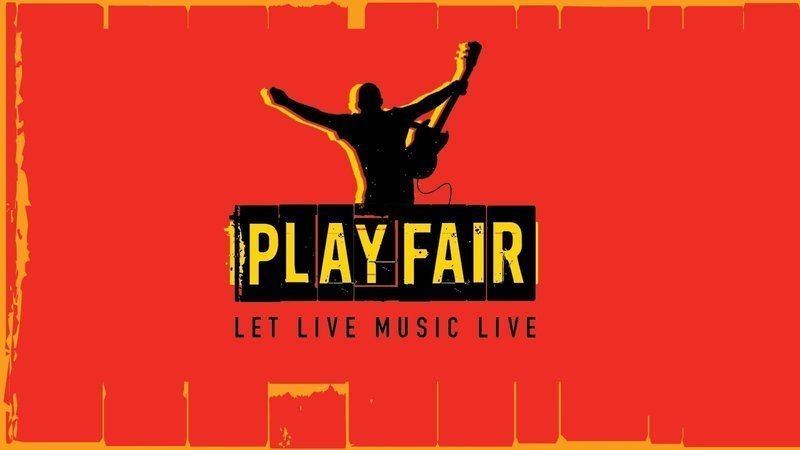Brisbane & Perth live sectors ‘teetering on the edge of existence’

As financial losses and mental health issues grow and staff drift off to other industries, the live sectors in Brisbane and Perth are pushing for more government action.
“We might not be here in six months,” said John Collins of the Triffid and Fortitude Music Hall late last week at a music industry gathering to lobby the government.
“I know other venues are struggling with these conditions as we are.”
Last month the Queensland Government announced a round of grants to eligible music venues to provide $80,000 to larger ones (capacity of over 500) and up to $60,000 for smaller operations.
The funding is gratefully acknowledged – but the Triffid itself lost $75,000 in just one weekend from cancelled sold-out shows.
The sector had Brisbane lord mayor Adrian Schrinner as a major supporter.
He reiterated the call to allow music venues to return to 100% capacity and abandon the current 2 square meters rule that keeps them operating at around 30%.
The lord mayor also slammed the “double standard” of crowd restrictions between sport and live music events.
“We can see big venues like Suncorp or the Gabba filled up with 50,000 people or 40,000 people.
“What we’re asking for today is just some fair rules [for the music sector which] is being strangled and it is teetering on the edge of existence.”
Collins also urged the government to consider a proposal where his venues would be divided into three distinct zones to make contact tracing easier.
It “wasn’t looked at” by the chief health officer Jeannette Young, he said.
The Fair Play – Let Live Music Live campaign, launched last month has now generated 18,660 signatures with the target now upped to 25,000.
Inconsistent crowd size rules are not the only challenges to be addressed.
The government is also being urged to offer exemptions to musicians and their touring entourages if there is a state border closure.
Tivoli owner David Sleswick told Brisbane radio station 4BC: “Every time there’s an outbreak in any other state, we have artists that tour all over the country all the time and come and play our venues.
“If there is one single person from a touring party that’s been in a hotspot, the whole event is cancelled.”
The Brisbane sector’s message is simple: let us get back to profitable trading or give us funding to keep operating, pay our bills and keep our staff who are in strife after the end of JobKeeper.

A similar call is being made in Perth, which yesterday (Sunday, May 2) signalled it may go back into lockdown after coming off a three-day close-down.
The latest rules, as of Saturday, was that certain indoor and outdoor entertainment venues with fixed seating could operate at 100% capacity.
These include theatres, concert halls, cinemas, comedy lounges and performing arts centres.
Major stadiums such as Optus Stadium, RAC Arena and HBF Park can operate at 75% capacity.
The Australian Hotels Association WA said that the hospitality sector as a whole lost $150 million just in those three days, and is gearing up for a compensation package of $35 million to $40 million from the state government.
Live music venues had to bear costs of show cancellations and need to keep paying permanent staff. Nightclubs were closed.
The state premier Mark McGowan has said a compensation package would be complicated.
AHA WA chief executive Bradley Woods responded: “It would only be complicated if you take the advice of bureaucrats who want to make it complicated.”
The live entertainment and hospitality sector could provide a “simple and quick” way, as a proportion of losses and simply administered.
“These are not unreasonable requests to make to a state government in sharing the costs of a lockdown” he said. “The sector bears the brunt of the cost and does the heavy lifting when this happens.”






























